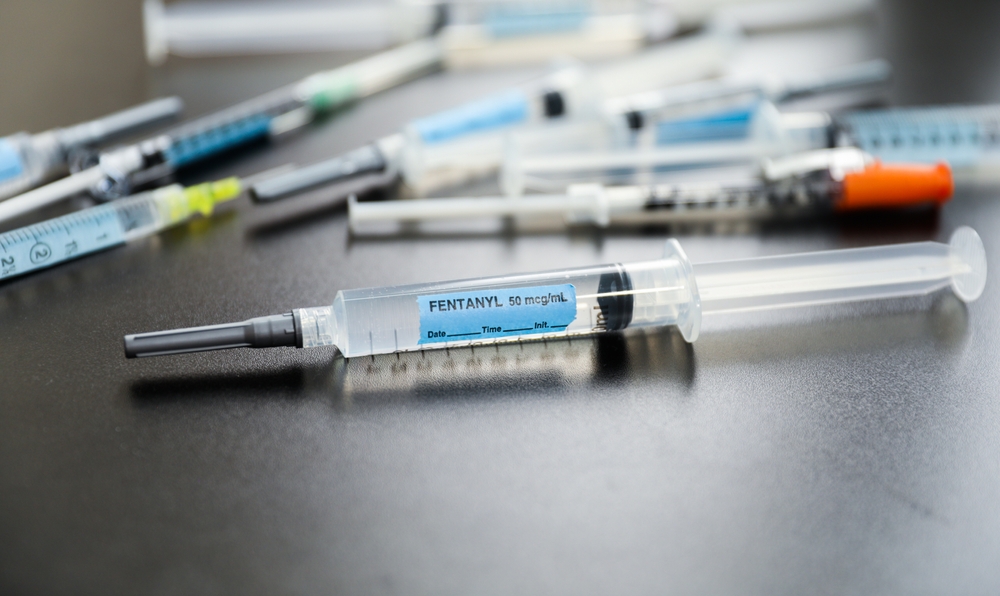Principles of justice and human rights in the Philippines have been deeply eroded by President Rodrigo Duterte’s so-called drug war, but a group of human rights defenders are intent on changing that.
Speaking at the Harm Reduction International Conference (HR19) in Porto, Filipina human rights activist Kristine Montenegro Mendoza warned that her country’s “war on drugs has unravelled into anything but a war on illegal substances”. Instead, she said, it has become a vessel for the authoritarian Duterte to usurp powers from the country’s fragile political and judicial institutions, and has provided a cover for state actors to commit extrajudicial killings with impunity.
“[Duterte has created a] long-term, institutionalised, and well-funded pseudo-war which centralised all governmental powers into one strongman who – through effective social control – was able to damage our democratic principles, such as checks and balances, accountability and transparency, the civilian nature of our police force, the independence of the judiciary, the rule of law, and respect for human rights”, she decried.
Fortunately for the people bearing the brunt of the drug war, Mendoza and her colleagues refused to sit back as Filipinos’ hard-won rights and principles were being stripped away.
Mendoza is a founding member of StreetLawPH, an organisation of lawyers and advocates working to improve access to justice and human rights. The group was founded in the wake of Duterte’s brutal crackdown on people allegedly involved with drugs, which has led to – on average – 33 people being killed in the country every day since Duterte’s sweeping electoral victory in June 2016.
As of February 2019, at least 5,176 people have been killed during police anti-narcotic operations, while at least 29,000 homicide cases are – according to police – “under investigation”. Victims’ families have little faith in their murders being solved as police officers are widely suspected to be involved in many of these brutal crimes.
While StreetLawPH does not have the power to change the law, it can support some of the people most at-risk of being victimised by the state. The organisation conducts legal literacy training so that people who use drugs (PWUD) know their rights and can act as paralegals. StreetLawPH is also beginning to provide direct legal services for strategic litigation that Mendoza hopes will allow for effective advocacy for drug policy reform at the legislative level.
The team also run a “drug policy and human rights caravan”, whereby members visit law schools to educate students on the subject – in the hope that they will support PWUD, and the cause more broadly, after they graduate.
StreetLawPH’s ability to protect PWUD’s rights is, of course, hampered by the political situation in the country. “They say, in a country with no rule of law, being a lawyer is a joke”, Mendoza quipped.

Three police officers were sentenced to life in prison for executing teenager Kian Delos Santos in a Manila alleyway
Alongside the much-publicised extrajudicial killings, Mendoza described how police frequently and knowingly violate people’s rights to privacy by invading their home and interrogating their friends or family – without charge or warrant. Police have admitted to having arrest quotas which they’ll casually fill with people uninvolved with drugs if they cannot find “guilty” people.
Another particularly vile policing practice that has grown in prevalence during the drug war is palit-puri:
“The police will sexually harass you in exchange for taking you off the list [of people who use drugs]. It happens often to female drug users, or even to male drug users who have partners that the police would like to harass,” Mendoza said.
Despite the enormous challenges and setbacks, human rights activists in the Philippines achieved a noteworthy victory in 2018, when three police officers were sentenced to life in prison for brutally executing a teenager – Kian Delos Santos – in a Manila alleyway and later claiming he was suspected in a drug case.
The convictions followed mass protests; “Activists went to the street. #StopTheKillings became the national call. Because the resistance became felt, the government had to retaliate”.
But there is still a long, long way to go. Even in the case of Delos Santos, accountability seemed to end at the low-ranking police officers who were imprisoned; authorities in the chain of command faced no consequences for their complicity.
“As human rights activists pick up the pieces, we can only remain hopeful that international pressure will continue pouring in, that the movement will continue to struggle, and that we will remain angry. The best way to protect our rights is to exercise them.”
While the future looks bleak for PWUD in the Philippines, the work of organisations like StreetLawPH provide a glimmer of hope. Citing the poet Dylan Thomas, Kristine Mendoza declared, “For now, there is nothing to do but continue to work — to rage, rage against the dying of the light”.


